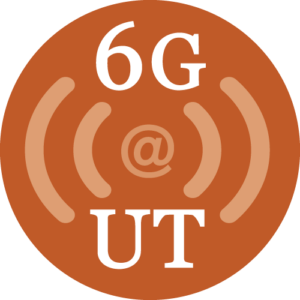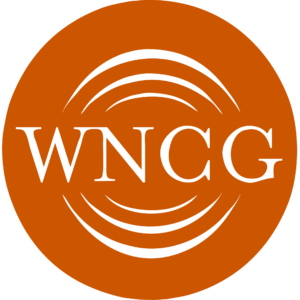
Background: The Global Positioning System has been a marvelous success over the past three decades. One consequence of this success is a deepening dependence of the civil infrastructure on GPS—especially for timing synchronization. As civil dependence on GPS grows, the potential for financial gain or high-profile mischief combine to make denial or manipulation of GPS a clear and present risk. European researchers and officials are as concerned about GNSS security as their U.S. counterparts. The launch of Galileo will not solve the navigation and timing security problem because, like civil GPS, the Galileo open service—projected to be by far the most commonly used—will be susceptible to jamming and spoofing.
Goals: European and U.S. researchers and interested observers met in Portland, Oregon in Sepetember 2010 to discuss civil navigation and timing security threats and strategize about (1) how policymakers and manufacturers can be persuaded to take these threats seriously, (2) how to identify effective countermeasures, and (3) how to promote adoption of effective countermeasures.
Meeting: Participants and Agenda
Opening Remarks: Todd Humphreys, The University of Texas at Austin
Overview of Vulnerability: Terence McGurn, consultant and PNT EXCOM Advisory Board member
Unique challenges involved in practical civil GNSS security: Todd Humphreys, The University of Texas at Austin
Video: Spoofing a Time Reference Receiver and Phasor Measurement Unit
Proposals:
- Authentication techniques for GPS and augmentation systems: Sherman Lo, Stanford University
- Cryptographic authentication techniques: Logan Scott, LS Consulting
- Interference mitigation techniques: Christoph Guenther, DLR
- Non-cryptographic authentication: Brent Ledvina, Coherent Navigation
Discussion Notes (provided by Brent Renfro, ARL)


